A ban on the entry of Russian tourists into four of the five EU countries bordering Russia has come into force.
This measure applies to Poland, Estonia, Latvia and Lithuania, and will remain in effect until the Russian attack on Ukraine stops. The move was the latest in a series of sanctions and other measures taken by the European Union or its member states in the aftermath of Moscow’s February 24 invasion of Ukraine in a so-called “special military operation.”
EU banned all flights from Russia, leaving only road and rail links openand this month agreed to limit visa-free travel to the Schengen area.
The entry ban is aimed at tourists and does not include Russian dissidents seeking protection in the EU, as well as truck drivers, refugees and permanent residents of EU territories, and those visiting family members.
Finland, which is the fifth EU country bordering Russia, decided to leave their borders openalthough it has reduced the number of consular appointments for Russian travelers seeking a visa.
The EU travel ban also divides the European bloc. Capitals such as Berlin and Prague argue that it would be counterproductive to deny entry to ordinary Russians.
Finland, whose Prime Minister Sanna Marin has said Russian tourists should not travel to the EU during the war, said such a ban could be contrary to the Schengen agreement, under which all countries respect a visa issued by another country in the zone. “One country issues a visa, another does not accept. This is certainly not desirable for the system,” Finnish President Sauli Niinistö told reporters in Helsinki last week.
Estonian Prime Minister Kaya Kalas expressed disillusionment with divisions within the EU, warning that many Russian travelers would now turn towards the Finnish border. “There’s a loophole left, and that’s Finland,” the Estonian prime minister told Reuters on Saturday. “So it’s not exactly effective, but it’s still better than nothing,” she added.
For Mikhail Ivanov, a 35-year-old Russian who traveled by bus from St. Petersburg to Tallinn yesterday, visiting friends in Estonia may be a little more difficult, the newspaper writes. parallaximag.gr. “I will still be able to travel to Estonia via other countries,” he told Reuters shortly after entering Narva.
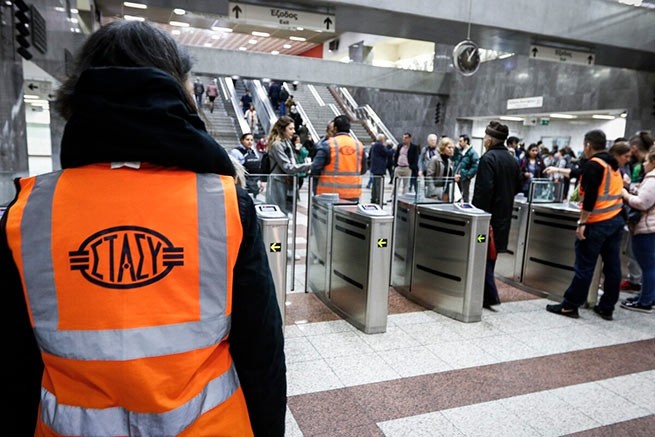
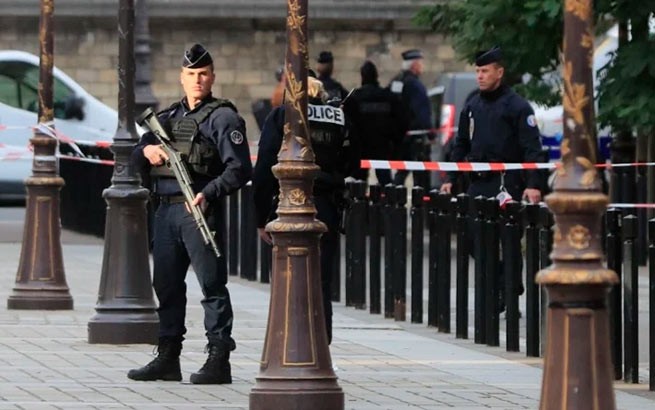
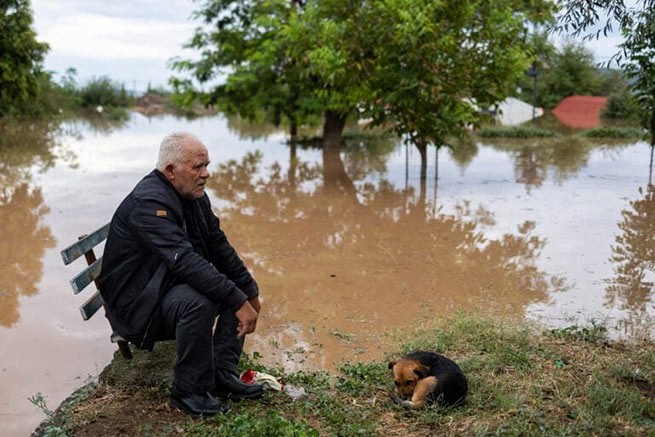
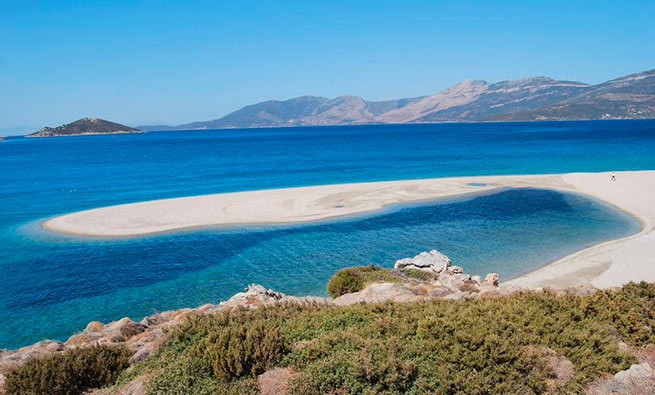
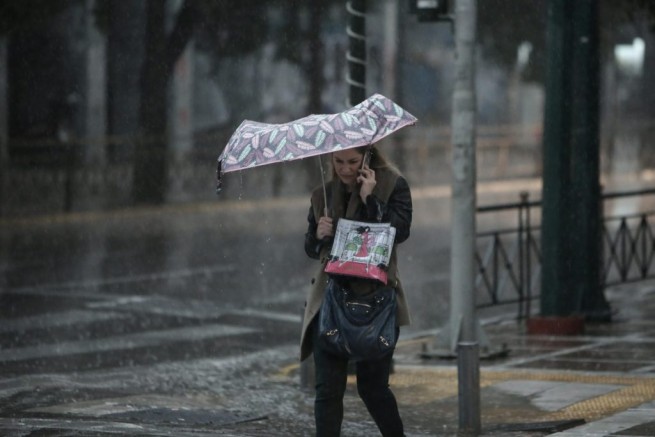


More Stories
A village considered the most picturesque in Greece
"Leaning Tower of Pisa" in Greece: the Roboto paradox
Travel in 2024: the most dangerous and safest destinations